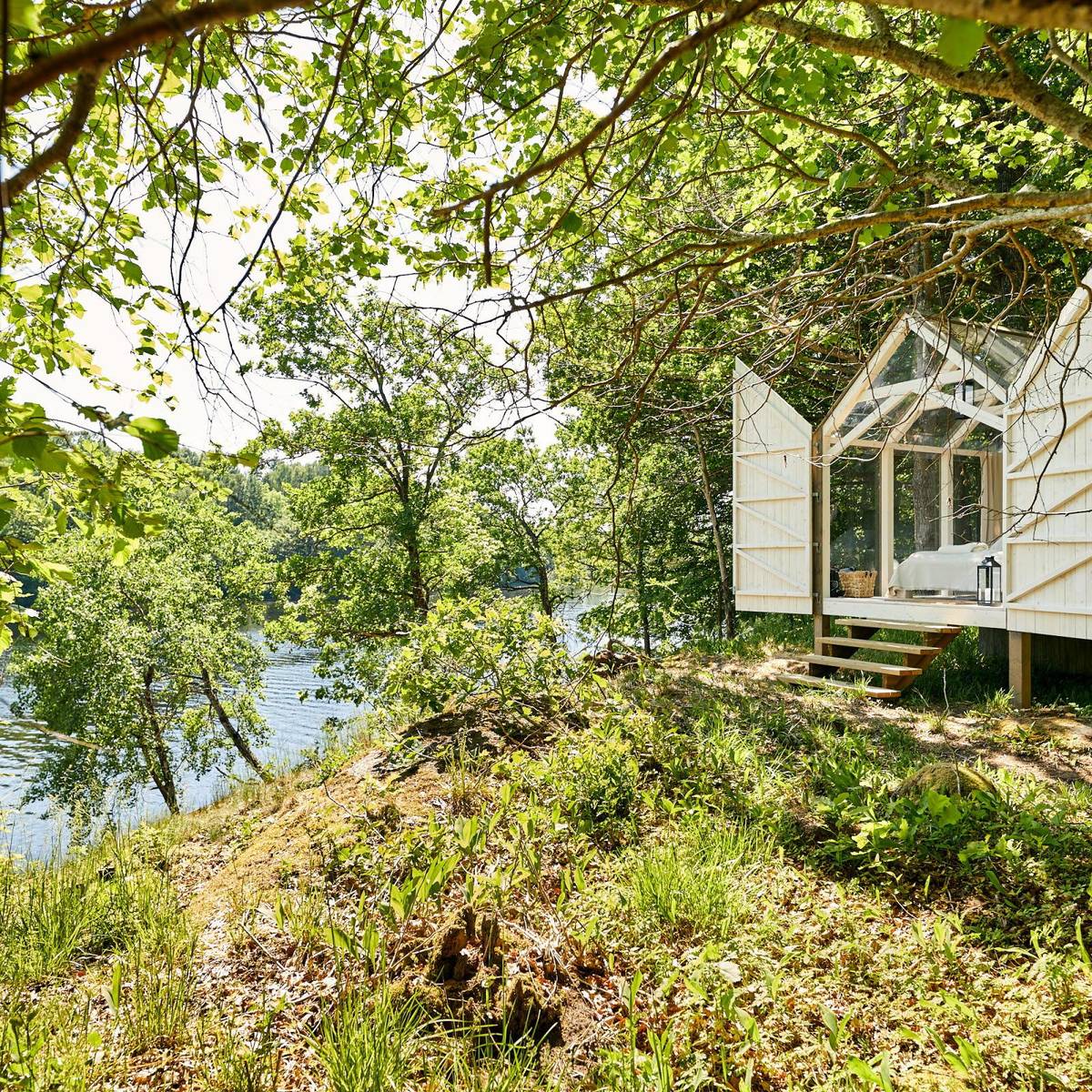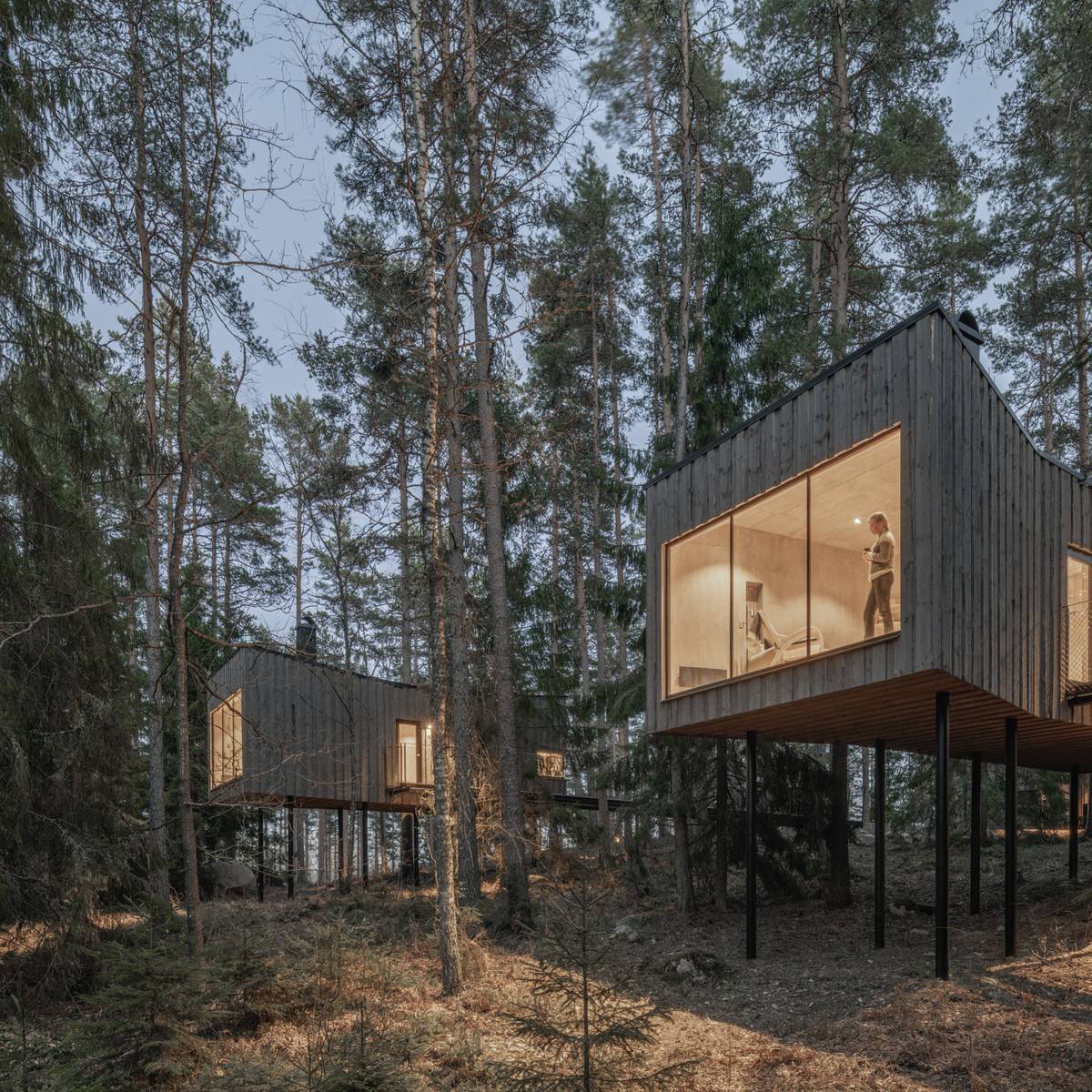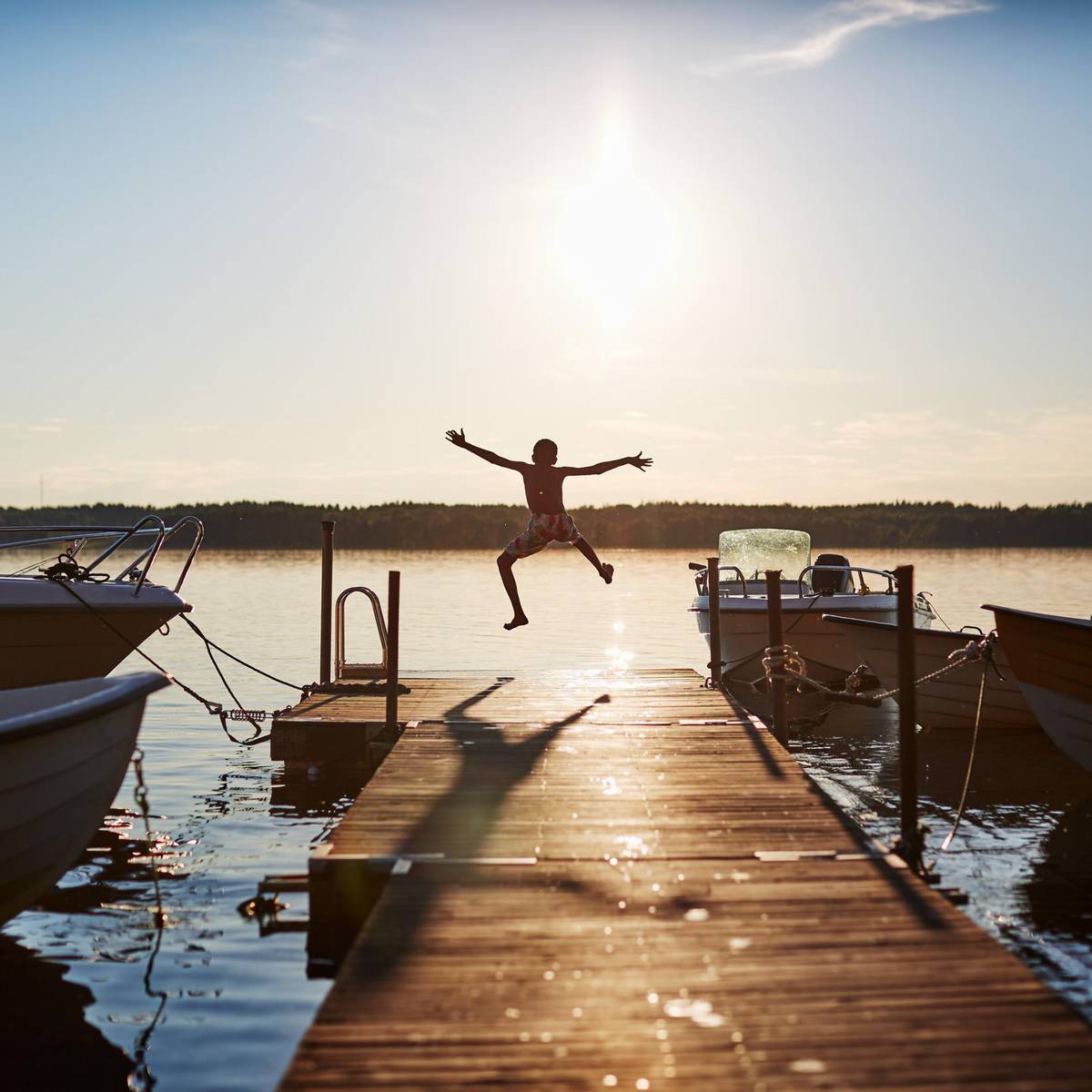The 72 Hour Cabin’ is an initiative from Sweden, where people with some of the world’s most stressful jobs were invited to experience Sweden’s ‘close to nature’ lifestyle, to see what effect it had on their well-being. It consisted of living in Swedish nature for 72 hours, in small cabins made of glass. During their stay, the participants’ well-being was monitored in a case study, developed in collaboration with leading researchers.
The 72 Hour Cabin
"This morning when I opened my eyes, the first thing I saw was the lake and the tall trees and I realised that I'm truly here and it's not a dream! I kept staring at it for a long period of time before finally dragging myself out of the comfy covers", says Baqer Keshwani, a participant in The 72 Hour Cabin.
Last updated 21 March 2022





